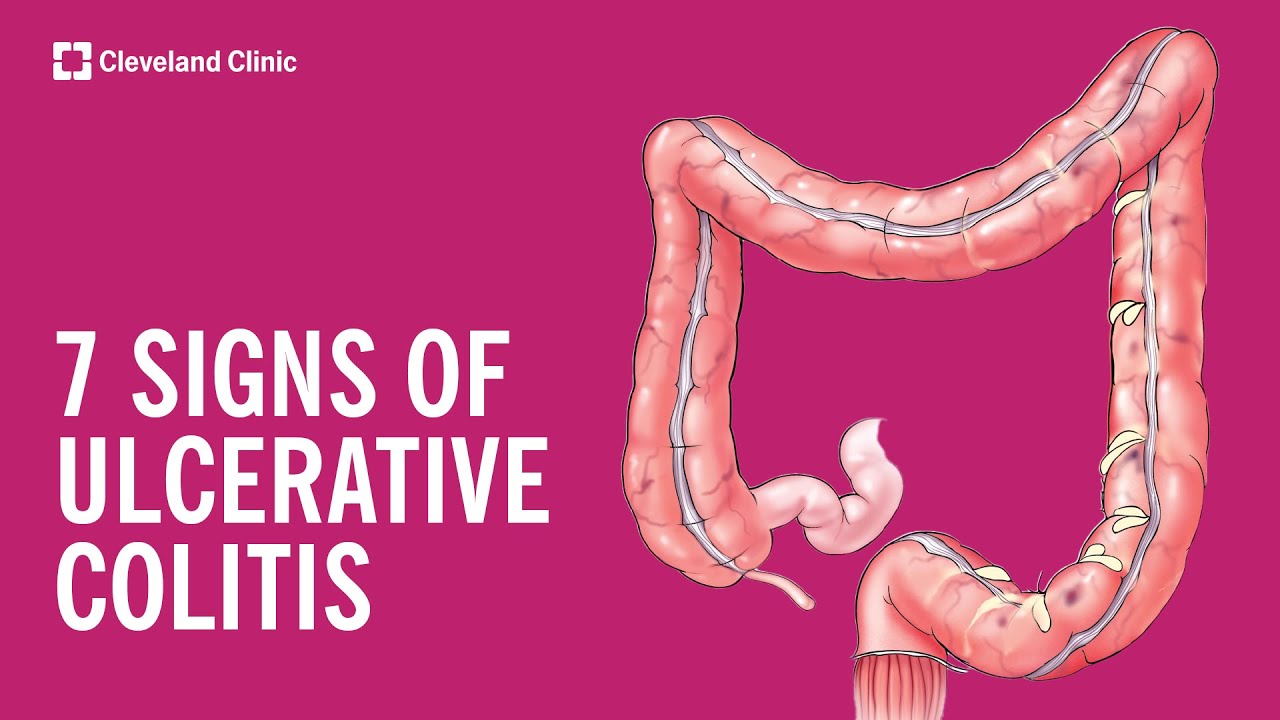Laparoscopy vs open surgery for rectal cancer: similar results
Reuters Health • The Doctor's Channel Daily Newscast
Dr. Juan Lujan and colleagues from Hospital Universitario Virgen de la Arrixaca, El Palmar, Murcia, Spain say they undertook the study because the role of laparoscopy for rectal cancer is not as clear as for colon cancer. “In rectal cancer surgery…outcomes are more closely linked to the surgical technique,” they note, adding that given the complexity of the surgery, rectal cancer patients have been excluded from randomized trials of laparoscopy for colon cancer.
In the present study, as reported in the September British Journal of Surgery, a single surgical team performed total mesorectal excision in 204 patients with mid and low rectal adenocarcinoma, most with stage II or stage III disease. None of the patients had locally advanced disease.
The primary endpoints of the study were the number of lymph nodes isolated, margin involvement, complication rate, and hospital length of stay. Secondary endpoints were local recurrence and disease-free and overall survival.
Eight laparoscopic operations (7.9%) were converted to open procedures for various reasons, the researchers note.
More lymph nodes were isolated during laparoscopy, but otherwise there were essentially no differences between the two groups. Rates of involvement of the circumferential and radial margins were similar, as were rates of sphincter-preserving surgery.
Return to an oral diet and length of hospital stay were both longer (by an average of 1 day) after open resections, but the differences were not statistically significant, “perhaps indicating a type II error,” the researchers say.
About a third of the patients in each group developed complications, but somewhat fewer patients in the laparoscopic group (7.9%) than in the open surgery group (9.7%) underwent reoperation.
Blood loss was statistically greater during open procedures, but the difference between groups amounted to about 100 ml and had no clinical impact, according to the article.
Laparoscopy averaged 21 minutes longer than open procedures.
At a mean follow-up of 32 months, there were 3 deaths in the open group, 2 in the laparoscopic group, and no differences in rates of local recurrence, disease-free survival, or overall survival between the groups.
“If the correctness of total mesorectal excision is reflected by the rate of local recurrence, laparoscopic total mesorectal excision is as efficient” as the open approach, the investigators conclude.
They caution that “further studies with more patients and longer follow-up are now needed.”
Reference:
Br J Surg 2009;96:982-989.







